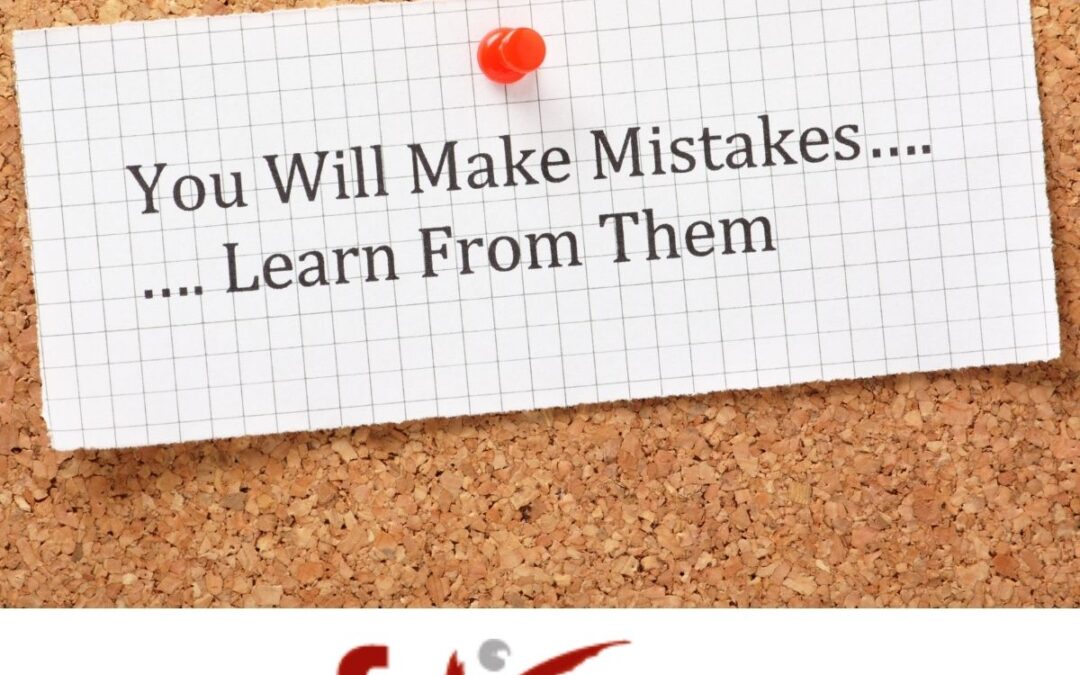Covid has caused a lot of anxiety, fear and trauma – negotiating these is proving challenging.
One of our meditation group members confessed she was feeling anxious because she wasn’t sure she still had a job to go to and secondly, if she did return to work, she was worried about how her peers, who had been working all through lock-down, would perceive her.
Another client has had Covid and is still fatigued by it: she was informed by a doctor that post Covid fatigue can lead to ME. This is the last thing someone who suffers from health anxiety wants to hear. Her in-laws are less than sympathetic and she is having to field conflict with her extended family, when she barely has energy to get through the day
Finally, a young client who has returned to work is having issues with a colleague who lacks emotional maturity, awareness and is demanding. My client is feeling anxious and stressed.
What these 3 individuals are experiencing is a threat to their existence.
When we are anxious, stressed or nervous, our physiology changes because we perceive a threat – a threat to Self and our primordial fear for our lives. All our senses are poised for an ‘attack’. Firstly we freeze, then we want to run away (take flight) or stay and fight i.e. ensure we come out the victor. We tense up, fists are clenched, stomach is churning, teeth clenched. Cortisol, the Stress hormone which prepares our bodies to face this attack, is coursing through our body. Our emotions are running amok; we stop listening. Whilst this might have served our ancestors well and still holds true for the animals in the jungle, it is totally counter productive in our urban jungles.
Researchers at University of Wyoming and the University of Oregon used romantic couples as they discussed a conflict in their relationship. Their saliva was sampled both before and after the conflict and levels of cortisol measured to get an indication of their stress levels. They found that cortisol levels spiked during the conflict. Cortisol is very useful during emergencies but has damaging effects if it is over produced.
So how do we negotiate these conflicts caused by Covid? Our success in resolving conflicts rests on 2 main aspects: the ability to listen attentively to both our own selves and others as well as a willingness to negotiate. Both these processes are seriously compromised when we are Stressed.
Mindfulness comes into its own here: by staying in the moment, remaining non judgemental and focusing on our breath, we slow down the process of the Jungle. Whilst this might seen terribly ‘Zen’ and impractical, it is also very necessary.
The first place to start is being Mindful of how we feel within our own selves. A lot of people feel nervous facing their own fears – they don’t want to dive deep in case they find ‘hidden terrors’. Unfortunately, unless we willingly face these demons, they will constantly return, usually when we least expect them to…and then we are de-railed yet again. It is best and courageous to face them head on, rather than ‘bat them away’ as a dear friend told me she regularly does. I think, diving deep and facing these ‘hidden terrors’ yields ‘hidden treasures’…courage, wisdom, knowledge and clarity, all of which lead to us leading a healthy fulfilled life, enabling us to manage conflicts better.
This study found that couples who remained Mindful during their conflict were able to resolve them more successfully. Their determined efforts NOT to get stressed halted the process of Stress and allowed them clarity to act as necessary. They remained objective about the state of their minds. The result was that they were able to listen attentively without feeling assaulted or aggrieved; they could appreciate their partner’s point of view without getting defensive, both of which allowed them to re-engage with their partner. Using cortisol as a marker, the researchers found that though cortisol spiked at the beginning of the conflict, the levels returned to normal very quickly when couples used Mindfulness in their conflict resolution. A dear friend heard my presentation entitled Why Zebras don’t get Ulcers and whenever she and her husband began were about to start an argument, one of them used to say ‘zebra’ to calm the situation down.
This is seen in the Workplace too. After I had conducted my workshops at Fiscal Technologies, participants told me that instead of staying in an argument and insisting their point of view was the only valid one (as they used to do in the past), their Mindfulness training & conflict management tools had enabled them to identify a potential conflict, see how their body was preparing for a ‘fight’ and, perhaps most importantly of all, the futility of it. So they chose to take a break by openly articulating that they weren’t getting anywhere so should take a break and return when they were more conducive to a resolution. And this worked. The Harvard Review also supports these findings.
To end, no matter what the source of our anxiety, stress or nervousness, whether it is in a personal or professional setting, our physiology responds as if we were under threat. Taking a moment to pause, going inwards to calm ourselves down Mindfully, not only slows down our physiology thereby halting the ravages of Cortisol, it also enables us to deal with the situation calmly and effectively.
In the present Covid era, we need all the tools available to increase our chances of survival.
Worth trying don’t you think?






